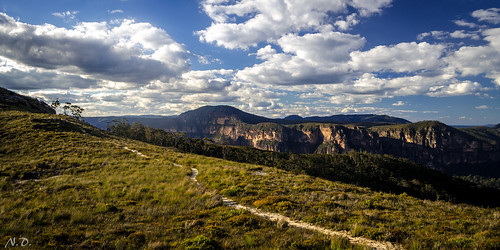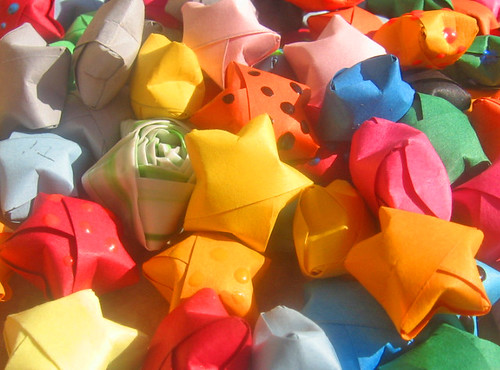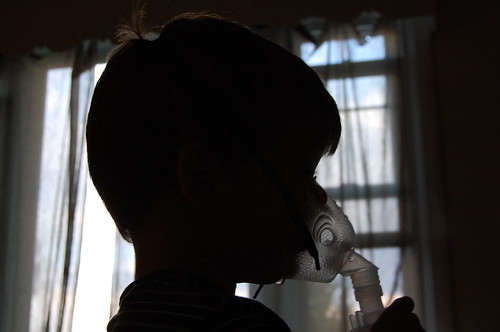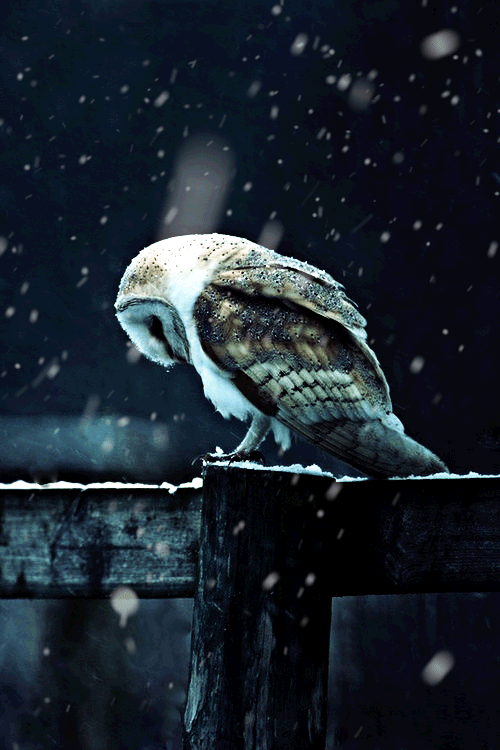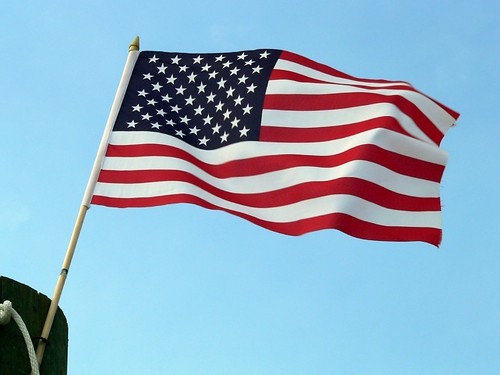 |
| Flickr Credit: Lee Coursey |
If you’ve
heard at all about the recent controversy regarding the AP U.S. History
censorship issues in
Colorado, let’s just say I’ve seen some of the stuff going
on.
If you haven’t
heard you can Google your own articles, but the principle of the matters it
that the conservative school board is considering a review of the APUSH
curriculum, and most people are considering this an attack on history and an
attempt by the school board to try and control the amount of liberal material
students will receive.
There’s a
lot of things to be said about the issues, and I’m not going to pretend I have
everything figured out. Do I think APUSH should remain uncensored? Absolutely.
Does that instantly make the school board evil? No.
But I still
know what is going on. A board member named Julie Williams has said she wants a
curriculum that “present positive aspects of the United States,” “promote
patriotism” and “should not encourage or condone civil disorder, social strife
or disregard of the law.” (source)
Is that
necessarily a bad sentiment? I don’t think so. Patriotism is a noble goal.
My argument
is against the second part of that sentence.
You cannot
promote patriotism without explicitly delving into events that involve “civil
disorder, social strife, and disregard of the law.”
We don’t
have to condone it.
Slavery is a
black stain on the American flag. Atrocities committed during the Civil Rights
Movement, presidential assassinations, Jim Crow, abortion, Hiroshima, legal
actions during the Great Depression, denial of the freedom to marry, pollution
and our mistreatment of the environment, our actions in Vietnam, management and
mistreatment of the mentally ill, Prohibition, messy embargoes, concentration
camps and anti-Semitism (yes, I’m still talking about the US of A), blatant
crimes against Native Americans, the Salem Witch Trials, prominent drug use,
McCarthyism, the World Wars—these are things that mar my country’s history.
Americans
have killed. They have been unfair. They have supported injustice and even gone
against the very principles brave men and women founded this country upon.
I don’t feel
guilty about it, because I’m not responsible for wars that took place fifty
years before I was born. I had nothing to do with that.
But I do
feel sadness—whether I was born or not, these events changed the people who
lived during those times, which changed their children, which eventually
changed the people who have raised me. Now I am who I am in part because of
this. It is part of my heritage. It is part of my culture.
I am not proud that America has caused so
much strife.
I am proud to learn that many of those
obstacles we have overcome.
And I am ready to have faith that if history
is to repeat itself, those telltale stains which still blot our everyday lives will
continue to fade as we fight for justice and equality and freedom.
This is my
pride as an American. This is what I hope students in Colorado will still have
the right to learn, whatever the school board does or doesn’t intend, and I
wish it just as much for every other student in America.
We are a
great nation with a great many sins. We must not take pride in our sins, but
still know them, because no matter what the future brings, the people who are
alive (regardless of what country to which they belong) have a responsibility
to all the other people who are alive, a greater responsibility to those who
have died to get us here, and the greatest responsibility to those who will
next be born.
What is that
responsibility?
I’m sure
everyone has a different opinion. All I know is this—we’re not going to solve
today’s problems by sweeping yesterday’s problems under the rug.
So show me
my American sins. I am not afraid.

